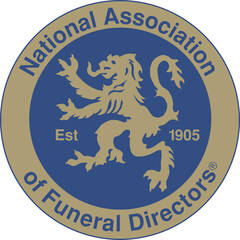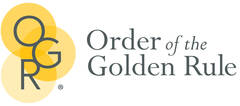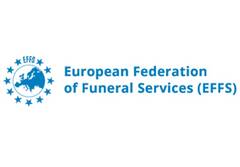Registering a death
The first and most significant step following the death of a loved one is to contact their regular GP, who will issue a Medical Certificate of Cause of Death. Every death in England must be registered before a funeral can take place, and should be registered within five working days.
If the death was sudden or unexpected, the Coroner may need to establish the cause of death and will arrange for a firm of funeral directors to collect your loved one in order that a post-mortem may be carried out. Once this is complete, the funeral preparations can begin with the funeral director of your choice.
Where to register a death
The person responsible for issuing the Medical Certificate or the Coroner’s office will inform you as to where you need to register the death. Almost all registry offices operate appointment systems, so please do telephone or use their online appointment booking process to arrange an appointment. You will find the numbers and relevant information on your local county council website (or unitary authority in many cities). It’s important to remember that where a death is registered is determined by where someone died and not where they lived.
It is possible to register from a different geographical area if you are unable to travel, but it will require documents to be posted between registrars which can add a time delay possibly impacting the funeral date. More information can be found on the Gov UK website.
When you go to register the death, you will be asked for:
The Medical Certificate
The deceased person's medical card
Any benefit books
The deceased person's marriage certificate, if there is a surviving spouse or civil partner
You will also be asked for the following information about your loved one:
- First name, surname and any maiden name
- Date and place of death
- Last permanent address
- Date and place of birth (a copy of their birth certificate is helpful)
- Occupation and name/occupation/date of birth of any surviving spouse or civil partner
- Details of benefit being claimed, including State and private pension income
Death Certificate, other documents from the registrar and ‘Tell Us Once’ service
The original death certificate is the entry in the death register and this kept by the registrar. What you will receive are ‘certified copies’ of the entry in the register and these are what is meant when banks and other organisations ask for an ‘original’ death certificate. Each certified copy has a unique number and is signed by the registrar in person. You will have to pay for certified copies of the death certificate. The cost varies from one country to another. The cost per copy is £11.00 in England and Wales, £8.00 in Northern Ireland and £10.00 in Scotland. You can obtain more copies at a later date. The more complex the estate, the more certified copies you may need, especially if you do not use a professional to administer the estate. Between 6 and 12 copies is advisable.
Authority for burial or cremation:
This form is green in colour and is free of charge. You will need to hand this to the funeral director who will pass it to the cemetery or crematorium, to prove that the funeral can legally proceed. In some circumstances when the coroner is involved, you will not get this form as the coroner will issue an alternative directly to your funeral director. Many people just refer to this as the ‘green form’ but you may also hear it referred to as the ‘disposal certificate’.
Registration or Notification of Death form:
You may also hear this referred to as the BD8 form which is the Department of Work and Pensions (DWP) code for it. This form is free and you may need it to inform the DWP of the death if the ‘Tell Us Once’ service is not offered by the registrar or it is not possible to use it because there is to be an inquest. If there is to be an inquest, you can either make an appointment with the registrar to obtain this form OR you can use the Coroner certificate to inform the DWP.
Once the death has been registered, you can begin to arrange the funeral service with your chosen funeral director.





